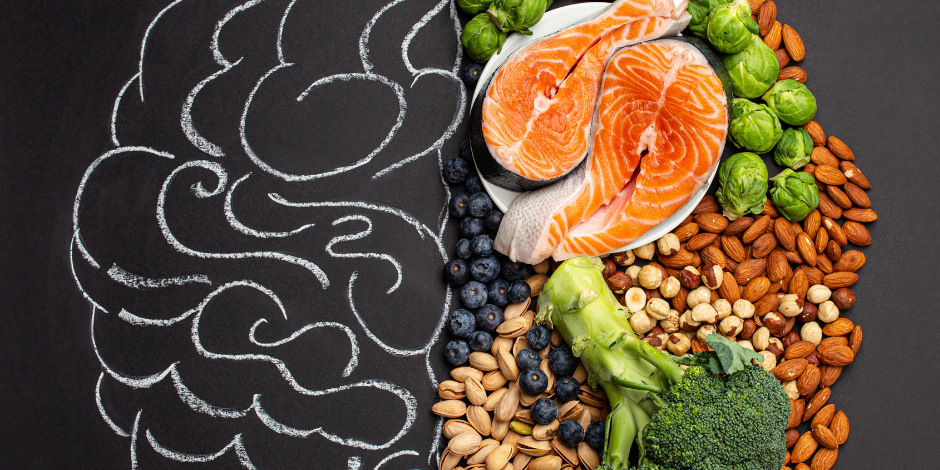This article is for people who are interested in preserving and enhancing their brain function.
Your brain is an incredible organ that scientists and researchers are discovering more about every year. It controls everything from your heart rate to memory and cognition, and more.
Most people don’t know that their brain has very specific energy needs. Low-quality food doesn’t do a good job of keeping your brain functioning optimally.
Interesting fact:
While the brain represents about 2% of total body weight on average, it accounts for 20% of your energy use, according to Dr. Marcus Raichle, Washington University School of Medicine in St. Louis.
But “energy” is an amorphous term when it comes to your brain. For example, does an Oreo provide the same quality of caloric energy as almonds and pecans? Of course not.
Your brain functions better when you eat right. Here are 3 foods that help keep your brain healthy and high functioning:
1. Eggs
Full disclosure: there’s not much direct research on the link between eating eggs and brain health. But, the specific nutrients found in eggs have been shown to support brain health.
Specifically, eggs are a good source of vitamins B6 and B12, folate, and choline.
Choline is a micronutrient that your body uses to create acetylcholine (a neurotransmitter that helps regulate mood and memory).
B vitamins found in eggs help to slow the progression of mental decline in older adults by lowering levels of homocysteine, an amino acid that could be linked to dementia and Alzheimer’s disease.
Vitamin B12 is also involved in synthesizing brain chemicals and regulating sugar levels in the brain. Being deficient in two types of B vitamins (folate and B12) has also been linked to depression.
Folate deficiency is common in older people with dementia. Studies show that folic acid found in eggs can help minimize age-related mental decline.
Eggs pack critical nutrients for brain function into a convenient, tasty package.
2. Fish
Specifically salmon, trout, albacore tuna, herring, and sardines (because they are especially fatty). These are rich sources of omega-3 fatty acids.
Omega-3 is important for brain health because around 60% of your brain is made of fat. Of that 60%, half is comprised of omega-3 fatty acids. Your body uses omega-3s to build nerve cells.
Omega-3s are also essential for learning and memory. They may slow age-related mental decline and help ward off Alzheimer’s disease.
On the flip side, not getting enough omega-3 is linked to learning impairments and depression.
Some research also suggests that people who eat fish regularly tend to have more gray matter in their brains. Gray matter contains most of the nerve cells that control decision-making, memory, and emotion.
3. Nuts
Nuts are high in healthy fats, antioxidants, and vitamin E. This nutrient profile may explain the beneficial effects on brain health.
Research has shown that regular consumption of nuts could be linked to a lower risk of cognitive decline in older adults. Also, another 2014 study found that women who ate nuts regularly over the course of several years had a better memory compared with those who did not.
While all nuts are good for your brain, walnuts may have an extra edge, since they also deliver anti-inflammatory omega-3 fatty acids.
Conclusion
Be aware of what you’re eating and the impact it has on your overall brain health. If you eat garbage (fast food, processed desserts, etc.), your brain function will probably suffer.To find out more about how you can enhance your brain function and preserve your neurological systems deep into old age, reach out to the healthcare professionals at Texas Neuro-Spine Surgery for more info.







